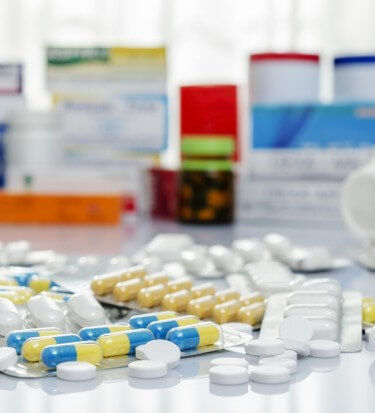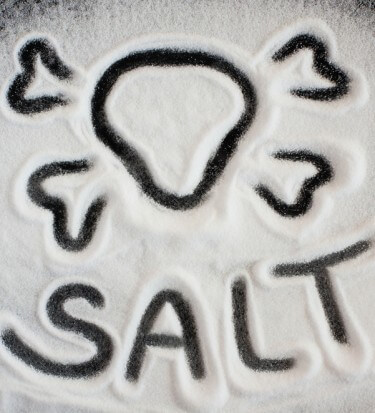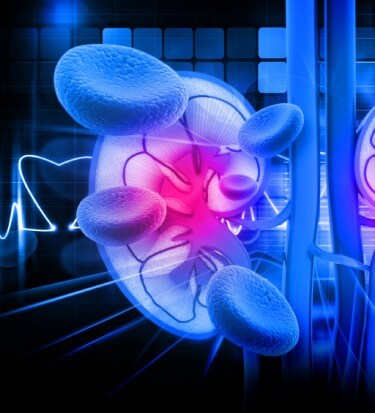Treating kidney failure is possible, but the treatment requires a hospital stay. In most cases of kidney failure, individuals are usually already in the hospital. Whether or not your stay is short term or long term will depend on what the cause of your kidney failure was and how quickly your kidneys can recover.
Treating The Cause of Your Kidney Failure
It’s important to identify the illness or injury that caused the damage to your kidneys. The treatment options available to you will depend on what caused your kidney failure.
Treating Any Complications Until Your Kidneys Recover
Your kidneys are going to need some time to heal properly and your doctor will help you to prevent any complications. The treatments available to you include:
- Balancing Fluids in Your Blood. If your kidneys failed due to the lack of fluids in your blood you may have to use intravenous fluid. Kidney failure could also cause you to have too much fluid which leads to swelling in your legs and arms. If that’s the case it could be recommended to take diuretics to get rid of the excess fluid.
- Control Blood Potassium. If your kidneys can’t filter potassium from your blood then your doctor could prescribe glucose, calcium or sodium to prevent high levels of potassium. You can get irregular heartbeats due to an increase in potassium.
- Restore Blood Calcium Levels. If your blood calcium levels drop too low you could take an infusion of calcium.
- Dialysis/Removal of Toxins From Your Blood. Toxins can build up in your blood and dialysis can remove those toxins from your body. Removing excess fluids can help your kidneys to heal. Having dialysis performed can help remove the excess amounts of potassium from your body as well. How it works is dialysis pumps blood out of your body into an artificial kidney. That kidney filters out the unwanted waste in your blood. Once your blood is cleaned it is then returned to your body.
Lifestyle Remedies
During the recovery process for kidney failure your doctor will probably recommend a special diet that can help the process of healing. Limiting the work that your kidneys have to do is important in the healing process.
Situations may vary but depending on yours a dietician could recommend various options:
- Low Potassium Foods. Choosing foods that are low in potassium is very important. Foods such as cabbage, apples, grapes and green beans and strawberries.
- Avoid Salt. It’s important to reduce your sodium intake to give your kidneys a break. Foods such as frozen dinners, canned soup, fast food, and chips can cause your kidneys more harm than good.
- Reduce Phosphorus. Phosphorus can be found in a lot of different foods such as cheese, milk peanut butter and nuts. Limiting your intake of phosphorus is ideal because it can weaken your bones and even cause itchy skin.
As your kidneys recover, you may no longer need to eat a special diet, although healthy eating remains important.
Advertisement








